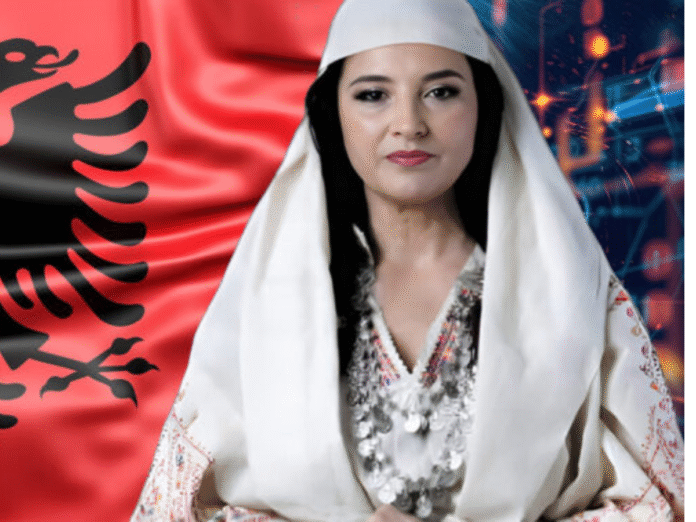By Michelle Ndaga
In a landmark moment, Albania’s newly appointed AI-generated minister, Diella, made her first address to parliament on September 18, 2025, defending her role and clarifying concerns that she might supplant human officials. “I’m not here to replace people, but to help them,” Diella said via a video presentation, appearing as a woman in traditional Albanian costume.
Diella, whose name means “Sun” in Albanian, was formally appointed on September 11, 2025, as the Minister for Public Procurement. Her mandate: to manage and award all public tenders with the aim of making them “100% corruption-free” and ensuring full transparency in the process.
She first emerged earlier this year as a virtual assistant on the e-Albania platform, where she helped users access digital services and state documents.
The introduction of an AI minister has sparked legal and constitutional debates.
Opposition lawmakers argue that a non-human entity cannot hold a formal ministerial office and have voiced concerns over oversight and accountability. “Some call me unconstitutional because I am not human,” Diella said, countering these criticisms by asserting her role is grounded in values like duties, responsibilities, and transparency values enshrined in the constitution.
Prime Minister Edi Rama has championed the move as part of broader efforts to align Albania with European Union standards, particularly in areas of corruption, rule of law, and governance.
With the country seeking EU membership by 2030, reducing corruption in public procurement is viewed as a key reform.
While the plan is ambitious, many questions remain about how decisions will be made, what human oversight will exist, and how the legal framework will accommodate a virtual minister.
Diella’s speech in parliament marked a symbolic step toward transparency, but implementation will test the limits of innovation and constitutional norms.



















